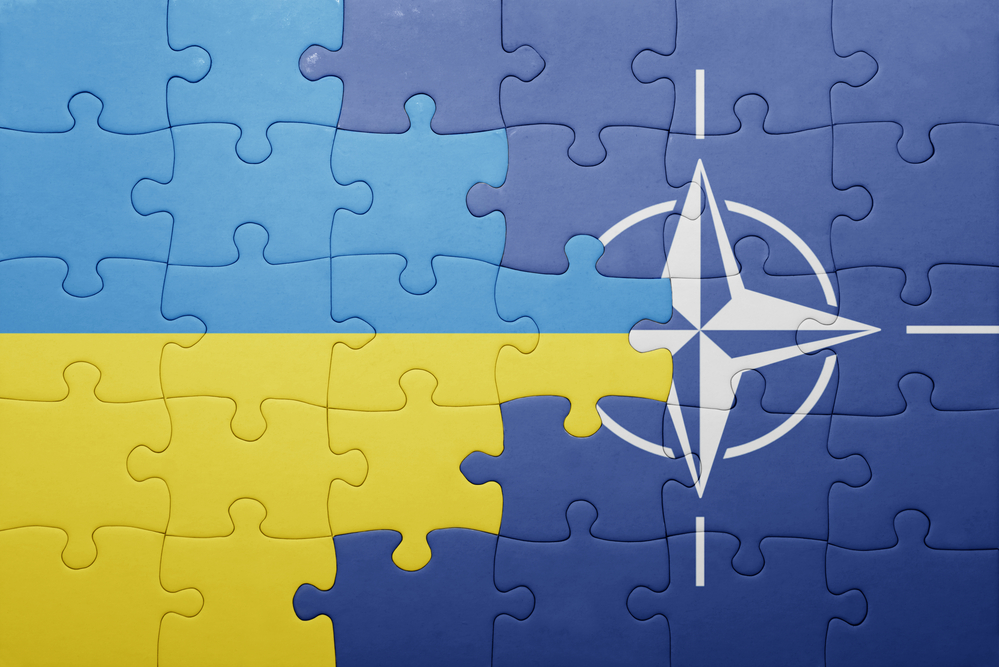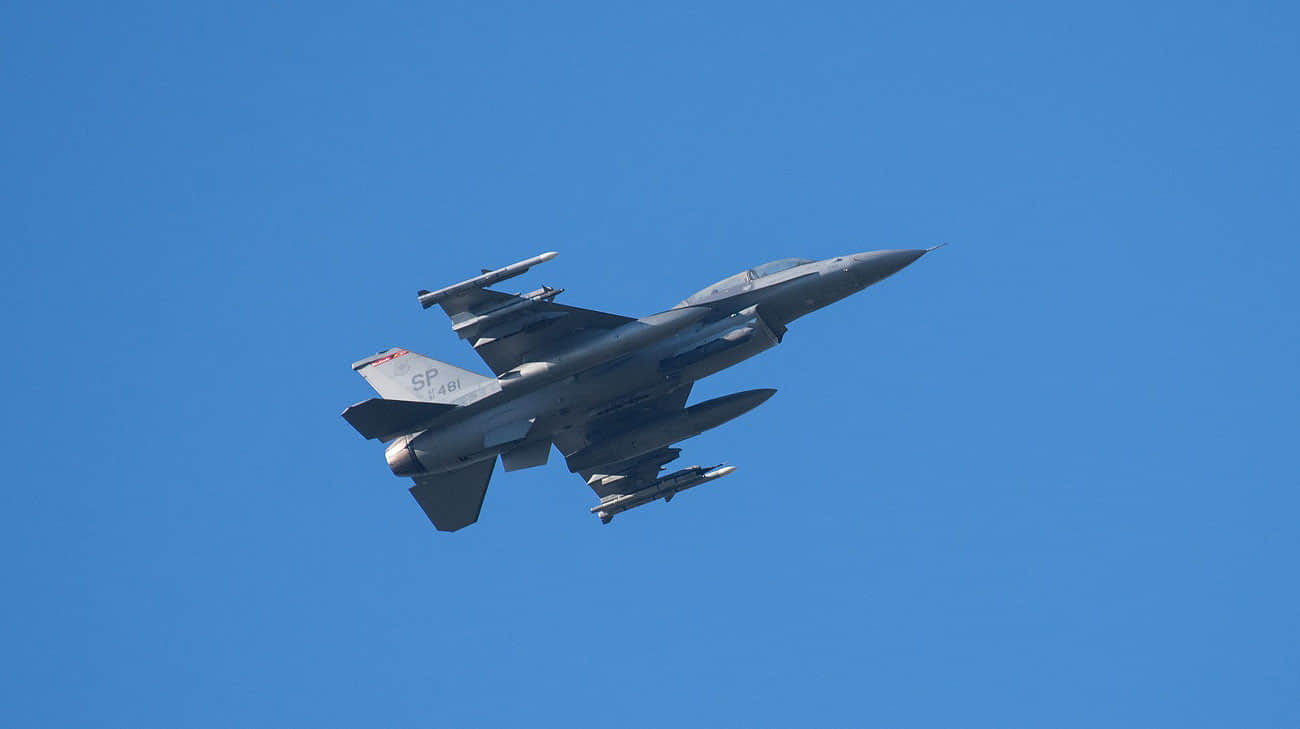NATO members debating what commitment to give on Ukraine joining alliance at upcoming summit
US and German officials have proposed that the alliance pledge that Ukraine has a “bridge” to NATO membership, rather than an “irreversible path” as NATO Secretary General Jens Stoltenberg said in April, in language that is favored by the UK and several Eastern and Central European nations.


The United States and several key allies are actively debating how strongly to commit to Ukraine’s NATO membership at the alliance’s upcoming 75th anniversary summit in Washington, with the US facing criticism from a variety of European countries for not being willing to go as far as several – especially those close to Russia’s border – would like.
Based on multiple US and European sources familiar with the discussions, CNN reports that US and German officials have proposed that the alliance pledge that Ukraine has a “bridge” to NATO membership, rather than an “irreversible path” as NATO Secretary General Jens Stoltenberg said in April in language that is favored by the UK and several Eastern and Central European nations.
The eventual language issued by the alliance about Ukraine during July’s summit in Washington is critical. It will be painstakingly debated by the allies in the days leading up and then heavily scrutinized, as it will outline to the world – Russia in particular – what the goals are for Ukraine within NATO.
“At the summit, we’ll be taking concrete steps to bring Ukraine closer to NATO and ensure that there’s a bridge to membership, a bridge that’s strong and well-lit,” US Secretary of State Antony Blinken said at a NATO Foreign Ministerial in Prague in late May.
A senior US official said that Biden administration officials do not think the word “irreversible” would get the support of the entire alliance, pointing in particular to Hungary as a likely holdout. The official said the US believes they are close to a resolution with all allies on the language but declined to preview the decision.
Some NATO members are also reluctant to use the word because Ukraine has yet to implement all of the necessary democratic and anti-corruption reforms necessary for membership, a separate US official said.
With the summit about a month away, the topic remains a central point of tension in ongoing conversations.
“Most Central European countries are disappointed by the Biden administration’s ambiguity and procrastination” when it comes to outlining a concrete pathway forward for Ukraine, a Central European diplomat told CNN.
A second European official whose country is more aggressive on Ukraine’s membership than the US said that European allies have been directly lobbying the White House to make Ukraine’s pathway as clear as possible.
“We instinctively feel a new path should be laid out,” the second official said. “Fast tracking [Ukraine’s membership] should be looked at.”
In April, Stoltenberg told Ukrainian President Volodymyr Zelenskyy in Kyiv that “the work we are undertaking now puts you on an irreversible path towards NATO membership, so that when the time is right, Ukraine can become a NATO member straightaway.”
Still, there is a general recognition that NATO’s position out of the summit needs to have advanced from last year’s meeting in the Lithuanian capital, Vilnius, when the allies declared that “Ukraine’s future is in NATO” but didn’t offer a timeline. Members of the alliance announced at the time that they would remove the requirement for a Membership Action Plan for Ukraine, making it easier for the country to join the alliance, but still declined to offer a timeline on how long that might take.
That was met with fury by Zelenskyy who posted on X that it was “unprecedented and absurd” not to have been offered a timeline for membership.
Europe wants to go further, including the UK
“I’m certain that we will also have language expressing that Ukraine will become a member of the alliance,” Stoltenberg said Tuesday at a news conference at the US State Department. “The exact language, exactly what we will agree … are now discussed among allies. But I’m confident we have a good solution, agreement by the summit.”
The Biden administration has trumpeted its newly signed ten-year defense pact with Ukraine, which calls itself “a bridge to Ukraine’s eventual membership in the NATO Alliance.”
But for many Europeans that doesn’t go far enough.
“Of course we’d be for ‘irreversible,” a third Eastern European official said.
It’s “not a big secret we are eager to get more” than the US, the official added, adding they hope the US administration can remain “flexible” ahead of the formal meetings next month.
London has often been much more forward-leaning than Washington on weaponry for Ukraine and how it’s used. Generally, throughout the conflict, British officials, the closest US allies in NATO, have consistently hoped the White House would take a more aggressive stance.
Read more:
- NATO approves plan to expand support for Ukraine
- Politico: Ukraine expects Patriot systems, membership progress at NATO summit in July
- White House reaffirms belief in Ukraine’s NATO future, first expect war win
- Nine reasons NATO cannot afford to say “no” to Ukraine
- Biden lays out vision for Ukraine peace, but without NATO membership
- The Case for Ukraine’s NATO Accession


